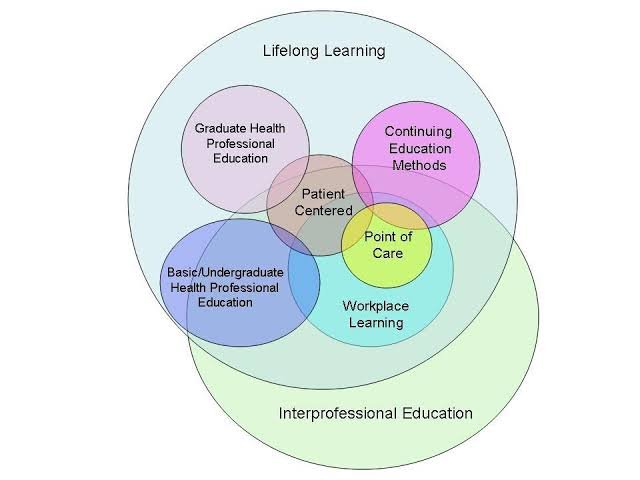Wondering about the importance of qualifications in psychology? Well, here is the answer then. Having solid qualifications in psychology can help you earn people’s trust.
But what if you want to know just the basics of how people think and act? Then, consider taking a diploma psychology courses in Dublin.
Now you must be wondering about the advantages of diploma courses in psychology.
Understanding human behaviour can be an important element in every major sector, especially in fields like human resources, business, and marketing. A diploma course in Dublin can help you with just that.
These short-term psychology courses in Dublin focus on your skill development, particularly your soft skills. Additionally, these courses can act as your quick pathway to a career in a psychology-related field.
Here, in this article, we delve into the major requirements to become a certified psychologist in Dublin in this article. The main aim of this article is to help you plan your journey to become a psychologist and set realistic goals for yourself.
What do you need to qualify as a certified psychologist in Dublin?
Consider the below qualifications to become a certified psychologist in Dublin:
1. A bachelor’s psychology course
This is a basic requirement to become a certified psychologist in Dublin. It takes three years. Psychology Society of Ireland (PSI) or the British Psychological Society (BPS) recognition is necessary for these courses.
They can provide you with a good knowledge base about the whole concepts of psychology. Moreover, a master’s degree in psychology needs a bachelor’s degree.
2. Consider a postgraduate degree (Optional)
While an undergraduate degree sets the stage, a postgraduate degree in psychology can be an additional step, especially if you are aspiring to become a clinical psychologist.
3. Gain work experience
Internships while you are pursuing a psychology course in Dublin, can be a fantastic way to bridge the gap between theory and practice. It might increase your chance of finding a job soon after graduating.
As an intern, you have a chance to witness the daily realities of working as a psychologist.
4. Get a professional registration
To be eligible to work as a psychologist without supervision, you must obtain a professional registration from the PSI.
If you completed a course that the British Psychology Society accredited, you may obtain a registration from that society. To qualify for a membership, it’s a requirement to have at least four years of training, study, relevant work experience or a combination of those.
5. Try for clinical placements
Clinical placements can help you to work in different areas of psychology, including adult mental health, older people’s services, families, and intellectual abilities.
6. Pursue a PhD
Completing doctoral training can be an additional advantage if you aspire to become a top expert in your psychological field or to become a researcher or university professor.
Doctorate programmes typically take three years to complete. However, this is not mandatory.
What are the important skills for psychologists?
Developing a strong set of soft and hard skills is crucial to be successful as a psychologist. You can develop many of the skills while pursuing a psychology course in Dublin. These transferrable skills can be applied to any other job sector such as human resources, marketing and beyond.
Below are some of the important skills for psychologists:
- Mental stability
If you plan to pursue counselling or therapy, then this skill is patient. You will be supporting patients to deal with mental health or emotional issues. So, you must be mentally strong to help them deal with their issues. If needed, consider undergoing personal therapy to understand your mental health.
- Research
Research is an important part of your career as a psychologist. When you explore scientific publications and psychology journals, you will gain a thorough understanding of mental health, and human behaviour.
- Ethical
Your strong ethics will help you build trust between you and your patients, customers, or clients.
- Critical thinking
This skill helps you to interpret information, assess it objectively and find a solution.
- Active listening
This skill is underrated but the most important one in the field of psychology. Listening skills can help you notice little details about human behaviour.
Ireland has recently started giving huge importance to mental health, leading to the growing demand for qualified psychologists.
So, this is the best time to enrol in psychology courses in Dublin and achieve a purpose-driven career.
Enroll today!



